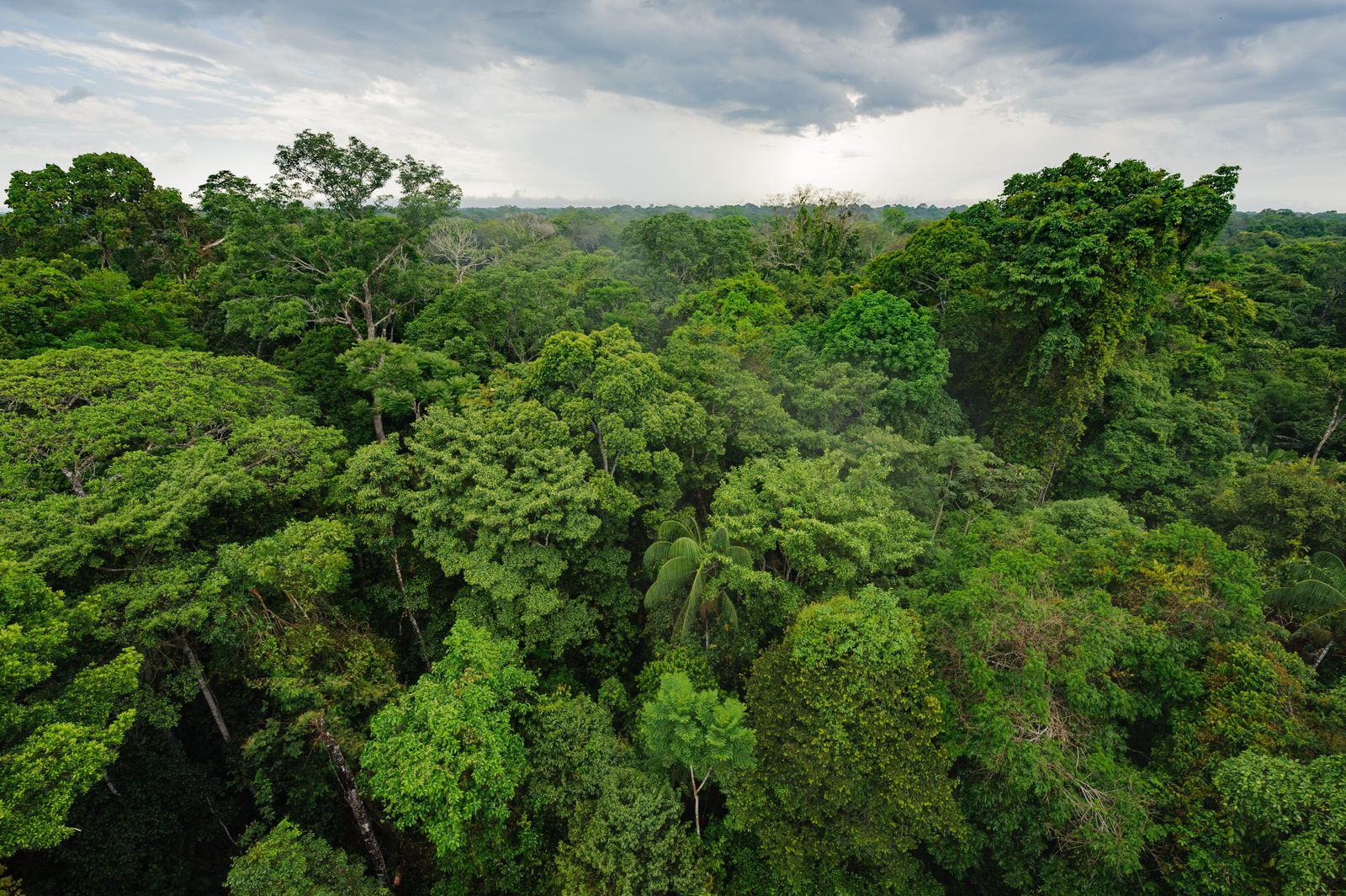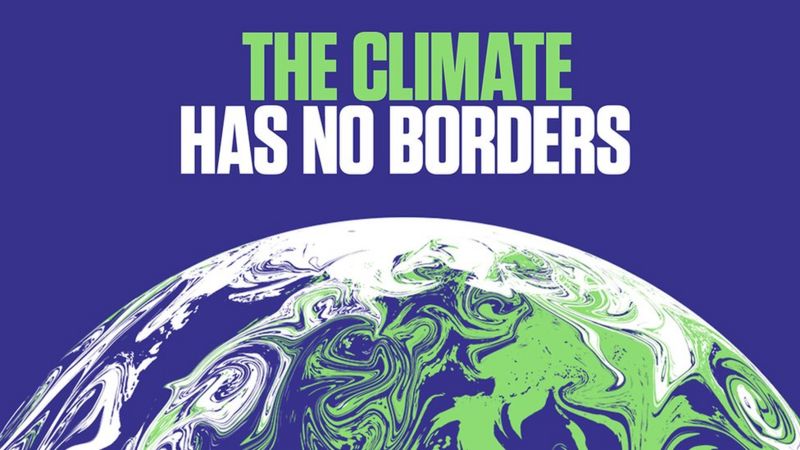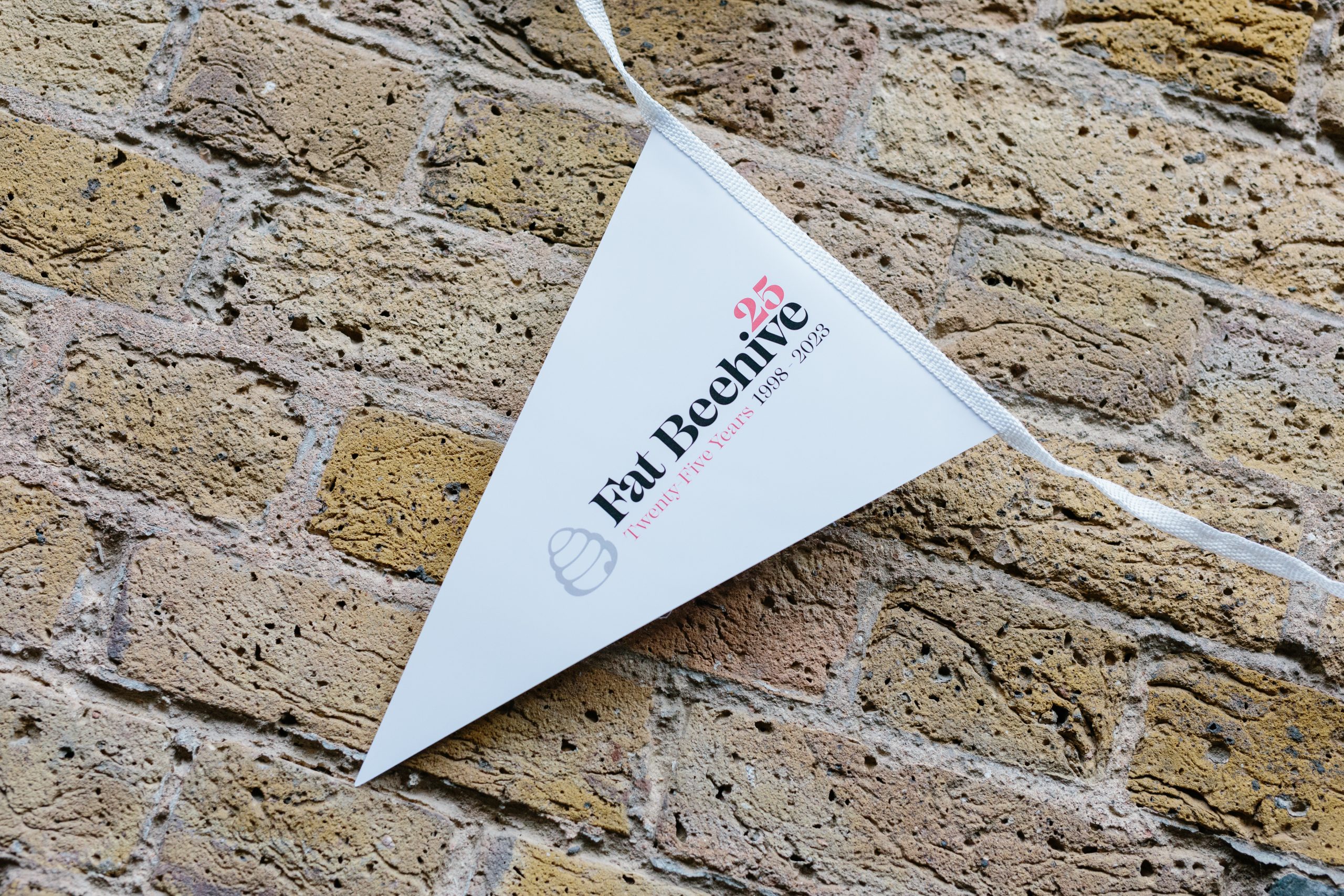Most of us are now used to the idea of carbon footprints for many of the purchases we make, from plane trips to trainers. However, the impact of web design and hosting on the planet is still a relatively new field, with charities slowly understanding this should be a requirement within their RFPs.
While estimates vary, the internet is likely using between 3.6 and 6.2 percent of all electricity worldwide. With the climate crisis looming ever larger, it’s an area we need to be influencing as an agency and as digital professionals.
Here at Fat Beehive, we’ve always held sustainability as a core belief and we already have a Sustainability Action Plan (SAP) and Sustainable and Ethical Procurement Policy.
So with politicians, organisations and charities gearing up for COP26 in November 2021, we’re also understanding our emissions in relation to the Race to Zero initiative. Our recent accreditation as a B Corporation gives us a solid framework to measure our performance against, with their ‘How to get to Net Zero: A Simple Guide for SMEs’ helping push us further.
This divides emissions into 3 scopes:
- Scope 1 covers “owned or controlled sources” such as our office
- Scope 2 is “emissions from the generation of any electricity, heat or steam that you buy”
- Scope 3 extends into “emissions that occur in a company’s value chain”.



